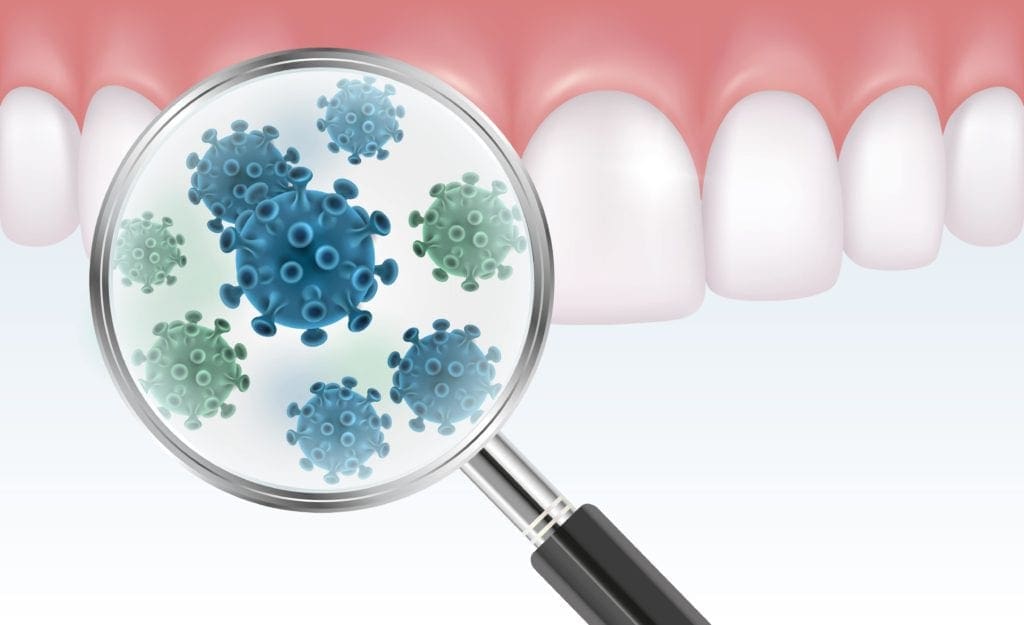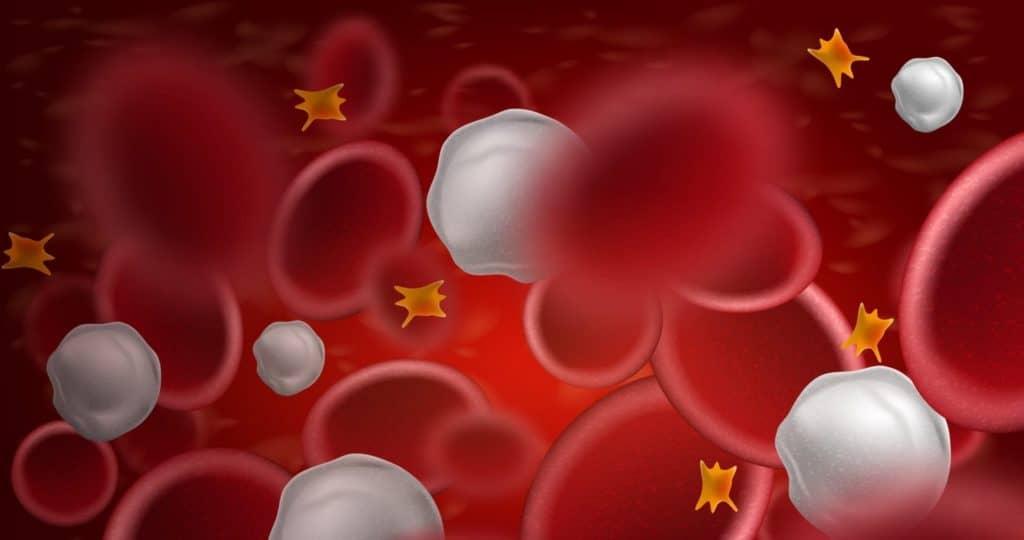Many people will visit their doctor’s office for a yearly physical and some may even try to eat more vegetables or exercise more to improve their overall health. Yet, it is estimated that only about 33% of Americans floss daily. This suggests that most people would view their oral health as being less important than their overall health. In some cases, people may even believe that they don’t need to take care of their teeth because there are numerous restorations available to replace decayed, damaged, or missing teeth.
As any dentist will tell you, your oral health is just as important as your overall health. In fact, your oral health can even impact your overall health. This means that having poor oral health can lead to the development of problems elsewhere in the body while having good oral health can help manage medical conditions more effectively. So, how exactly do the things happening in your mouth affect the rest of your body? Let’s take a closer look at how your oral health affects your overall health.
What’s going on in your mouth?
When it comes to dental health problems, the two most common are tooth decay and gum disease. This makes sense when you consider that your mouth is primarily composed of teeth and gums. At the microscopic level, however, your mouth also contains thousands of natural bacteria that help protect your body from external germs that enter through the mouth.

However, when these bacteria populations are not controlled, they are detrimental to your oral health. The majority of bacteria reside in dental plaque, which is a clear film on the surface of your teeth that collects food debris. Dental plaque can be removed by brushing and flossing, however, if an area is commonly missed, the plaque and bacteria will remain.
Bacteria produce an acidic waste product that is capable of eroding tooth enamel. When excessive amounts of bacteria collect in a single place, they deposit a concentrated form of this acid to one location. This eventually leads to tooth decay or the formation of a dental cavity.
Not only that, but bacteria that accumulate in dental plaque along the gum line will infect the gum tissue. This leads to gum disease and generally results in red, swollen, inflamed, and/or tender gums that bleed easily.
How does this affect the rest of your body?
Now that we’ve covered the role of bacteria in the mouth and how excessive amounts of it can cause tooth decay and gum disease, let’s take a look at just how this affects the rest of your body. For starters, the mouth is affected by diseases the same way any part of the body is. That is, it becomes weaker and unable to fight the infection over time.

Therefore when bacterial populations continue to increase, the infection will continue to spread. Since the mouth is compromised, bacteria are able to enter the bloodstream. This is something that normally doesn’t happen but can happen with large bacterial populations. Once in the bloodstream, the bacteria can travel to any location in the body. However, it can cause more than tooth decay and gum disease.
Depending on the location the bacteria travels to in the body, it can cause the following medical conditions:

- Pneumonia
- Heart attack
- Stroke
- Respiratory problems
- Endocarditis
- Premature birth
- Preeclampsia
- Low birth weight
- Clogged arteries
Additionally, gum disease has also been closely linked to diabetes, and can be an indication of poor diabetes management. Conversely, diabetes can also cause gum disease.
In the end, your oral health affects your overall health more than you realize. Although many people think the worst thing that can happen from not visiting the dentist is a missing tooth or two, there are far more serious consequences that can arise from neglecting your oral health. Luckily, by brushing twice a day, flossing daily, and having your teeth cleaned every six months, you can decrease the risk of developing tooth decay and gum disease, as well as the possible medical conditions they can cause.

Dr. Dennis Laurich has been practicing dentistry for over 40 years. He received his DDS degree from the University of Michigan Dental School and regularly attends oral health care conventions to continue his dental education. This allows him to treat patients with leading dental technology and methodologies. Additionally, he is a member of the American Dental Association, Michigan Dental Association, and the Detroit District Dental Society.




